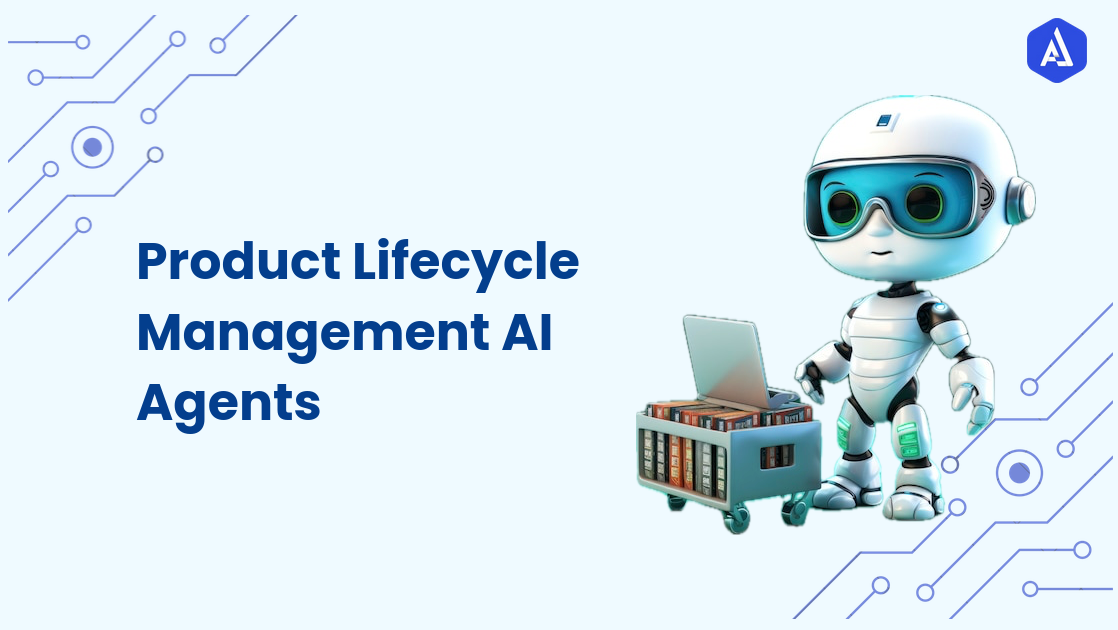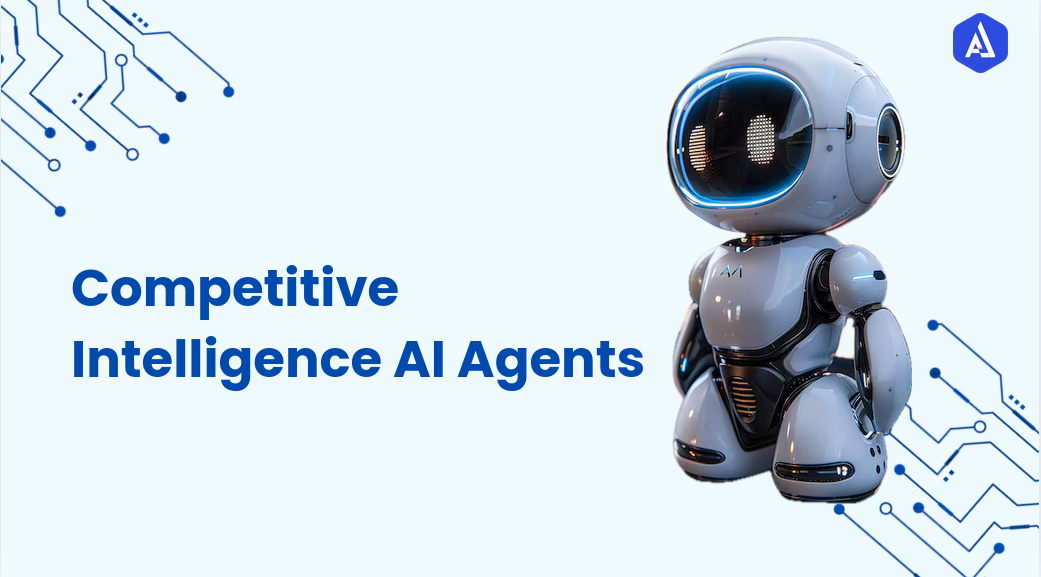Introduction
Apollo AI Agents are sophisticated digital assistants designed to optimize workflows and enhance productivity across various sectors. By leveraging advanced artificial intelligence, these agents automate routine tasks, provide insightful analytics, and facilitate seamless communication, empowering users to focus on strategic initiatives and higher-value projects.
About the Apollo
Apollo is a comprehensive platform integrating project management, data analytics, and collaboration tools to streamline team workflows. Its core features include:
-
Project Management: Apollo allows teams to create, manage, and monitor projects in real time, ensuring alignment and timely delivery.
-
Data Analytics: The platform provides robust analytics capabilities for visualizing data, tracking performance metrics, and effortlessly generating insightful reports.
-
Collaboration Tools: Apollo enhances team collaboration through shared workspaces, messaging, and document sharing, fostering effective communication among team members.
-
Integration Capabilities: The platform seamlessly connects with various third-party applications, allowing users to integrate existing tools for a cohesive workflow.
-
Customization Options: Users can tailor Apollo to their needs by customizing dashboards and creating unique project templates.
These features make Apollo a versatile solution for organizations seeking to improve efficiency and maintain high collaboration standards.
About the Apollo AI Agent
Apollo AI Agents are embedded within the Apollo platform, providing intelligent support that is tailored to user tasks and workflows. Key characteristics include:
-
Task Automation: Apollo AI Agents automate repetitive tasks such as data entry, meeting scheduling, and report generation, allowing users to focus on strategic initiatives.
-
Smart Insights: These agents analyze project data and user interactions to provide actionable insights that help teams make informed decisions and optimize processes.
-
Personalized Recommendations: Apollo AI Agents learn from user behaviour and preferences, offering customized suggestions to enhance productivity.
-
Natural Language Processing: Utilizing advanced NLP capabilities, these agents understand user queries and respond conversationally, making interactions intuitive and user-friendly.
-
Continuous Learning: The agents continuously adapt and improve their performance based on user feedback and changing project requirements, ensuring they remain effective over time.
The integration of AI within Apollo significantly enhances user experience and overall project management efficiency.
Use Cases
Apollo AI Agents can be employed across a variety of scenarios, showcasing their flexibility and effectiveness in different contexts:
-
Project Scheduling: AI Agents can analyze team availability and project timelines to suggest optimal meeting times, ensuring schedules align and deadlines are met.
-
Report Generation: Users can request specific performance metrics, and AI Agents will automatically compile and generate reports, saving time and reducing manual effort.
-
Data Analysis: By monitoring project progress and user inputs, AI Agents can identify trends and anomalies, providing insights that inform decision-making.
-
Resource Allocation: AI Agents assess project requirements and team workloads to recommend the most efficient allocation of resources, ensuring timely task completion.
-
Team Communication: By summarizing project updates and distributing key information, AI Agents enhance communication among team members, ensuring everyone stays informed and engaged.
-
Onboarding New Team Members: AI Agents can guide new users through the Apollo platform, offering personalized tutorials and resources for a smooth onboarding experience.
-
Continuous Feedback Loop: These agents can collect feedback on projects and processes, allowing teams to refine workflows and improve efficiency.
These diverse use cases highlight how Apollo AI Agents can significantly enhance productivity and collaboration within teams across various industries.
Benefits and Values
Integrating Apollo AI Agents into organizational workflows offers numerous advantages that can transform operations:
-
Increased Efficiency: By automating routine tasks, AI Agents enable users to concentrate on high-priority activities, resulting in significant time savings and enhanced productivity.
-
Data-Driven Decision Making: AI Agents' insights empower teams to make informed decisions based on real-time data analysis, leading to better outcomes.
-
Enhanced Collaboration: AI Agents facilitate communication and collaboration among team members, ensuring everyone stays informed and engaged throughout the project lifecycle.
-
Personalized User Experience: By adapting to individual user preferences, AI Agents create a tailored experience that enhances user satisfaction and engagement.
-
Cost Savings: Reducing the time spent on manual tasks reduces operational costs and enables more effective resource allocation.
-
Scalability: As organizations grow, Apollo AI Agents can easily scale, accommodating increased project complexity and team size without compromising performance.
These benefits contribute to a more efficient and effective workflow, positioning organizations for success in an increasingly competitive landscape.
Usability
To effectively utilize Apollo AI Agents, organizations should follow these guidelines to maximize their impact:
-
Setup:
-
Integration with Apollo: Ensure that AI Agents are seamlessly integrated within the Apollo platform for full functionality.
-
Configuration: Customize the settings to align AI capabilities with the team's needs and workflows.
-
-
Operation:
-
Performance Monitoring: Regularly monitor AI Agents’ performance and user satisfaction metrics to identify areas for improvement.
-
Feedback Mechanism: Establish a feedback loop where users can share insights about the agent’s performance, facilitating continuous improvement.
-
User Personalization: Regularly update the AI Agent’s personalization features to ensure that responses and suggestions align with individual user preferences, enhancing overall engagement and satisfaction.
-
Collaboration with Human Agents: Establish smooth collaboration pathways where AI Agents assist human agents by providing insights and suggestions or handling simpler queries while humans handle more complex issues. This ensures a balanced approach to workload management.
-
Task Automation: Utilize AI Agents to automate routine and repetitive tasks, allowing teams to focus on higher-value work. This includes automating notifications, task assignments, or status updates based on project requirements.
-
Performance Benchmarks: Set clear performance benchmarks and key performance indicators (KPIs) for AI Agents. Regularly assess these benchmarks to ensure that AI Agents are meeting desired goals and contributing positively to productivity.
-
Multi-Language Support: If your team works globally, ensure that Apollo AI Agents can communicate in multiple languages to accommodate diverse teams and client needs. This increases the inclusivity and accessibility of your AI-driven solutions.
-
Real-Time Alerts and Notifications: Enable the AI Agent to send real-time alerts and notifications based on defined triggers. These can include updates on project deadlines, task completions, or potential issues requiring attention, allowing teams to stay on top of their workflows.
-
Knowledge Sharing and Collaboration: Implement features that allow AI Agents to gather knowledge from team interactions and provide collaborative tools, such as shared notes, task suggestions, and document linking. This promotes knowledge transfer and seamless collaboration.
-
Security and Privacy Controls: Ensure AI Agents are configured with appropriate security settings to protect sensitive project data. Enforce data encryption, access controls, and compliance with relevant privacy regulations to ensure the security of organizational data.
-
AI Agent Customization: Users can further customize the AI Agent’s workflow and task management features to better suit their team’s unique processes, enhancing its utility and integration into everyday tasks.
-
Analytics and Reporting: Use Apollo’s built-in analytics tools to generate reports on how the AI Agent impacts team productivity, customer engagement, and other relevant metrics. Leverage this data to make adjustments and continuously optimize the system.
-
Resource Allocation: Leverage AI Agents to help manage resource allocation by analyzing workload distribution and identifying areas where resources are over or underutilized. This helps teams optimize their workflows and ensures maximum productivity.
-
-
Troubleshooting Tips:
-
Common Issues: Familiarize users with potential issues and provide clear troubleshooting steps to ensure a smooth experience.
-
Regular Updates: Keep AI Agents updated with the latest features and improvements to maintain their relevance and effectiveness.
-
Training: Provide comprehensive training for users on effectively leveraging AI Agents, ensuring they understand all functionalities.
-
Documentation: Create thorough documentation outlining Apollo AI Agents’ capabilities and offering guidance on effective utilization.
-
By following these steps, organizations can maximize the benefits of Apollo AI Agents, ensuring they effectively meet team needs and enhance overall productivity. This proactive approach to usability not only improves performance but also fosters a positive user experience, paving the way for successful adoption and long-term advantages.
Apollo AI Agents represent a transformative force in project management and team collaboration, empowering organizations to achieve higher levels of efficiency, insight, and engagement in their workflows. The combination of advanced AI capabilities and intuitive user experience positions Apollo as a leading solution for teams looking to thrive in today’s dynamic work environment.
By embracing Apollo AI Agents, organizations can unlock their full potential, enhance decision-making processes, and maintain a competitive edge in their respective industries. These agents' adaptability and intelligence make them invaluable assets in the modern workplace.
.png)

